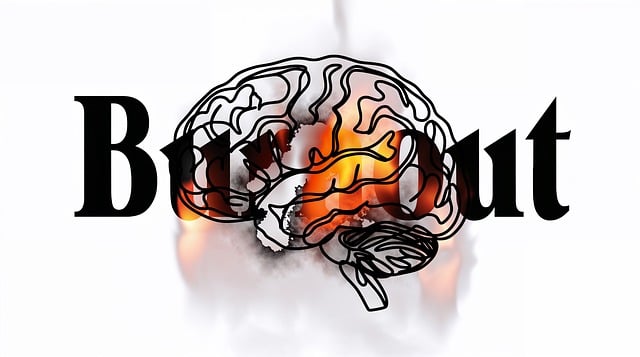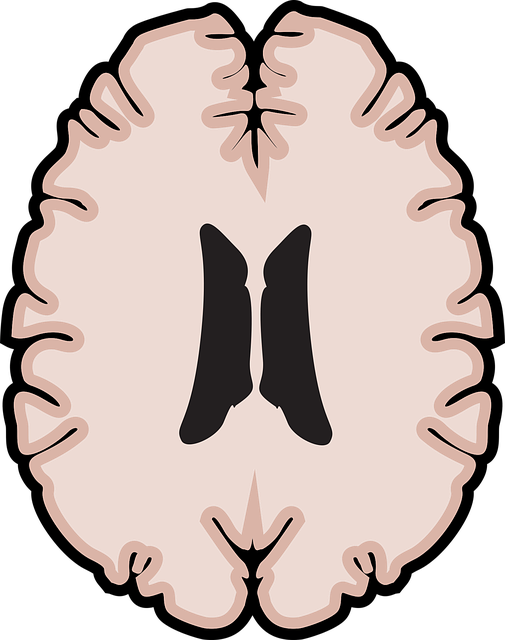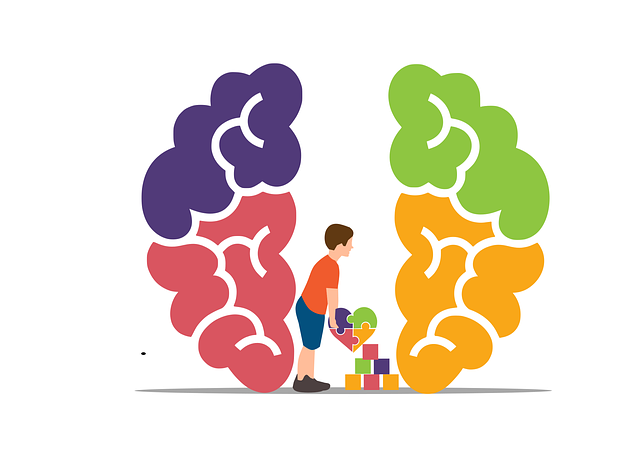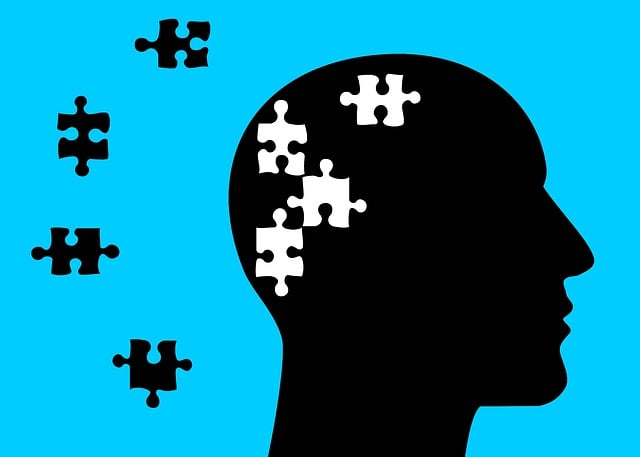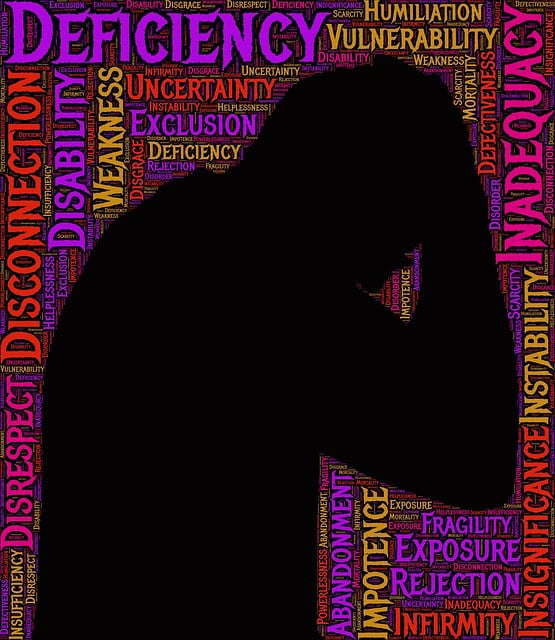Anxiety becomes problematic when persistent and overwhelming, disrupting daily life. Recognizing its physical and mental signs, including increased heart rate, insomnia, excessive worry, and restlessness, is crucial. Traumatic experiences or historical abuse can contribute to anxiety disorders. Lakewood Abuse Survivors Therapy offers strategies like cognitive behavioral therapy (CBT), mindfulness, relaxation techniques, and building resilience to manage and overcome anxiety, promoting emotional regulation, mental health awareness, and self-care strategies for both professionals and patients.
Anxiety can significantly impact our daily lives, especially for those who have experienced traumatic events like Lakewood abuse. Understanding and managing anxiety is crucial for healing and long-term well-being. This article delves into effective techniques, including Cognitive Behavioral Therapy (CBT), mindfulness practices, and building resilience, specifically tailored to support Lakewood Abuse Survivors. By recognizing signs, exploring therapy options, and adopting coping strategies, individuals can reclaim control over their lives and reduce anxiety’s hold.
- Understanding Anxiety: Recognizing the Signs and Causes
- Cognitive Behavioral Therapy (CBT): A Powerful Tool for Lakewood Abuse Survivors
- Mindfulness and Relaxation Techniques to Calm the Mind
- Building Resilience: Coping Strategies for Long-Term Anxiety Management
Understanding Anxiety: Recognizing the Signs and Causes

Anxiety is a normal human response to stress or perceived threats, but when it becomes overwhelming and persistent, it can significantly impact daily life. Understanding anxiety involves recognizing its signs and causes, which can be complex and multifaceted. Individuals experiencing anxiety may face physical symptoms like increased heart rate, rapid breathing, and insomnia, along with mental health manifestations such as excessive worry, restlessness, and difficulty concentrating. These symptoms can range from mild discomfort to severe distress, affecting one’s ability to function in various settings.
One crucial aspect to consider is the potential for traumatic experiences or historical abuse, such as those sought out by Lakewood Abuse Survivors Therapy, to contribute to anxiety disorders. Past traumas can lead to long-lasting emotional scars and disrupt one’s sense of safety, making it difficult to manage everyday stressors. Depression prevention strategies, emotional regulation techniques, and resilience building exercises are valuable tools that can help individuals navigate and overcome these challenges. By addressing the underlying causes and developing effective coping mechanisms, individuals can enhance their overall well-being and reclaim control over their lives.
Cognitive Behavioral Therapy (CBT): A Powerful Tool for Lakewood Abuse Survivors

Cognitive Behavioral Therapy (CBT) is a highly effective approach for Lakewood Abuse Survivors looking to manage and overcome anxiety disorders. This form of therapy focuses on identifying and challenging negative thought patterns and behaviors, which are often at the root of anxiety issues. By modifying these thoughts and actions, CBT empowers individuals to develop healthier coping mechanisms, improve emotional regulation, and reduce the impact of traumatic experiences.
For Lakewood Abuse Survivors, CBT offers a safe and structured environment to process past traumas and their ongoing effects. Through this therapy, survivors can learn to recognize and change unhelpful cognitive distortions that may have developed as a result of abuse. By addressing these underlying issues, CBT contributes to depression prevention and promotes mental health awareness, enabling individuals to regain control over their lives and build resilience against anxiety and its associated symptoms.
Mindfulness and Relaxation Techniques to Calm the Mind

Mindfulness and relaxation techniques are powerful tools to help individuals manage anxiety, especially those who have experienced trauma like Lakewood Abuse Survivors Therapy clients. Practicing mindfulness involves focusing on the present moment, acknowledging thoughts and feelings without judgment, and cultivating a sense of calm awareness. This can be achieved through guided meditation, deep breathing exercises, or simply paying attention to bodily sensations. By training their minds to stay grounded in the here and now, individuals can interrupt anxious thought patterns and reduce emotional distress.
Relaxation techniques, such as progressive muscle relaxation or yoga, further support emotional regulation and anxiety relief. These practices help individuals consciously release physical tension built up from stress and promote a sense of tranquility. Incorporating mindfulness and relaxation into daily routines can significantly enhance mental health policy analysis and advocacy efforts by providing practical self-care strategies for those struggling with anxiety and its related disorders.
Building Resilience: Coping Strategies for Long-Term Anxiety Management

Building resilience is a key aspect of long-term anxiety management, offering individuals effective coping strategies to navigate life’s challenges. This process involves cultivating mental fortitude and adaptive behaviors, enabling people to bounce back from difficult situations and reduce the impact of anxiety over time. One such approach, often utilized in settings like Lakewood Abuse Survivors Therapy, focuses on teaching individuals to recognize and challenge negative thought patterns. By understanding cognitive distortions, people can develop healthier thinking habits, fostering a more positive mindset that resists anxious intrusions.
Additionally, coping skills development plays a crucial role in burnout prevention strategies for healthcare providers, where high-stress environments demand effective anxiety management. Incorporating techniques like mindfulness meditation, deep breathing exercises, and progressive muscle relaxation not only helps professionals manage their own mental health but also allows them to model these strategies for patients. Mental health education programs design can further enhance this process by providing resources and training that support both professionals and those seeking treatment in adopting resilient coping mechanisms tailored to individual needs.
Anxiety management techniques, such as Cognitive Behavioral Therapy (CBT) tailored for Lakewood Abuse Survivors, mindfulness practices, and resilience-building strategies, offer powerful tools for navigating and overcoming anxiety. By understanding the signs and causes of anxiety, individuals can recognize when to seek help and employ effective coping mechanisms. Integrating these practices into daily life enables long-term anxiety management, fostering a sense of calm and improved well-being for all.




